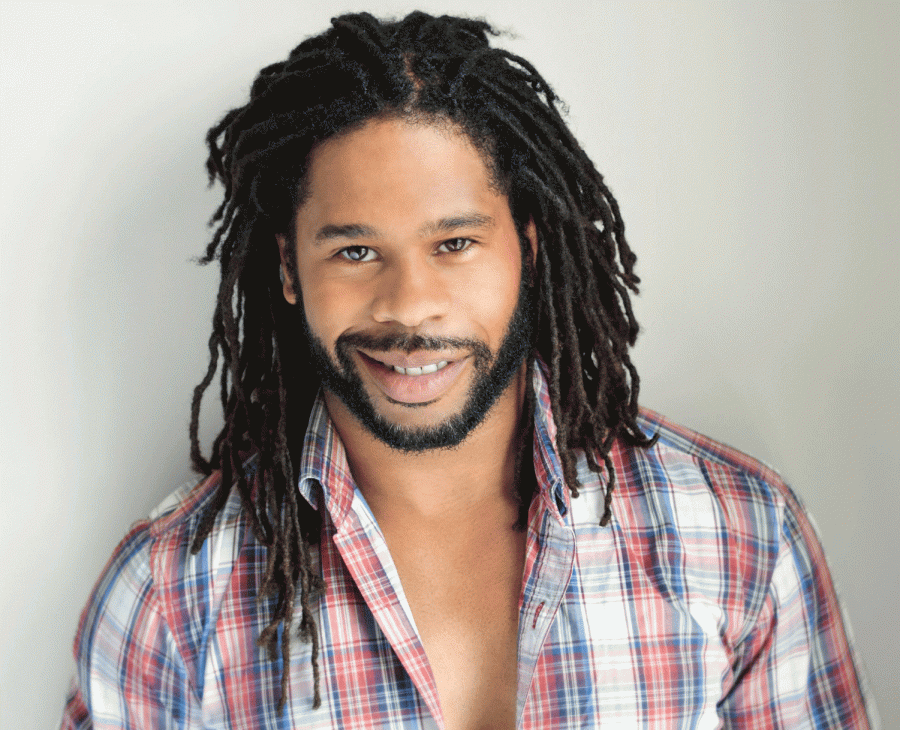Duane Lee Holland’s Hip-Hop Workshop Breaks Down Barriers to Encourage Conversation
Students gathered in Colgate Memorial Chapel on Friday, October 21 to experience a lecture and hip-hop demonstration by Duane Lee Holland. The event was in collaboration with the Challenges of Modernity program as well as the Theater Department. The aim was to discuss the importance of art as a catalyst for change and to break down the barriers of what is perceived as higher versus lower art. The experience encouraged everyone to look at expression as art forms and tools to promote healing.
Holland’s resume is impressive and varied. He has been a member of the U.S. Olympic team as a gymnast and performed on Broadway productions such as “The Lion King.” His knowledge about the history of hip-hop was impressive, and his ability to demonstrate just what he was talking about brought the lecture to life. With every piece of hip-hop language that Holland provided, he offered a detailed account of the move’s origins and lineage, followed by an energetic performance of the move itself. Thus, Holland was able to present this knowledge and then demonstrate it through purposeful movement, which is exactly how he defines hip-hop.
“Hip-hop performers are knowledgeable movers of a knowledgeable movement,” Holland said. “When you decide to craft something, there is a message behind it. When you experience and enjoy hip-hop, it is important to understand that there is an actual lineage and history to what you are seeing.”
The event was a community-based experience, like hip-hop itself, according to Holland. Holland had worked with members of the Colgate dance group DDT to put on a mesmerizing performance piece commenting on racism. Holland maintained that dance can be used as a tool of protest in this way, as “artivism,” or a way of using art as a form of activism. The performance ended with a supportive dance circle, where everyone was encouraged to express themselves and feel each other’s energy. This was a shared, safe space, and there was total freedom in the exchange.
Attendees were not allowed to be mere spectators, but needed to
participate by sharing their thoughts or letting the performers know when they liked something by yelling out, clapping or using any other expression of encouragement.
“One main takeaway from this experience was that when referencing something that is of a culture other than your own, you should never allow the media to educate you, because that is the best way to create ignorance,” first-year Lindsey Johnson said. “Holland really emphasized the importance in the language of hip-hop and not just being a mere consumer of this art, but understanding the lineage behind it.”
Holland summarized by expressing his hope that hip-hop can be used to encourage enlightenment, especially with young people, whom he believes do not fully recognize their own power.
“I loved how Holland ended the demonstration by encouraging us to continue on with our own investigation into the lineage of hip-hop. My preconceived notions about hip-hop have changed drastically as a result of this experience,” sophomore Talia Greenblatt said. “I never thought of art as a piece of weaponry, as something that can be used to protest but, at the same time, to create a space of healing. It can take a topic like racism, which can be hard for some to talk about, and ease the tension, making it possible to have a discussion like we had here today.”







